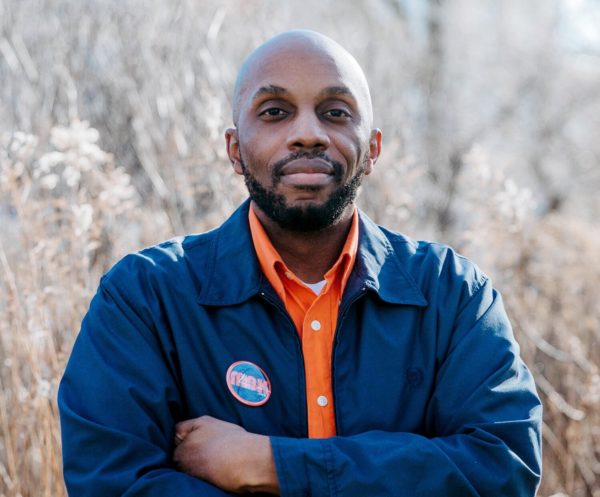Subject to Inspection: Brooklyn Spaces and Issues
Key Conversation in 35th District Council Race: Affordable Housing
A proposed 18 story apartment building at 840 Atlantic Avenue, at the corner of Atlantic and Vanderbilt Avenues, has set off a vigorous debate in Council District 35. At issue, is less about the acceptability of the site for conversion to housing (it is difficult to argue credibly that converting a McDonalds and parking lot into much needed housing at any income level is a bad idea, particularly a project proposing that nearly one in three apartments is set aside as deeply affordable in perpetuity). But the debate seems to be centering on at what height the building should be allowed to go up to, approximately 15 stories or approximately 18 stories. How on earth the everyday pedestrian on Vanderbilt will be able to tell the difference, remains a puzzling question – but the need for more housing in Brooklyn is self-evident as post-pandemic rental activity in Brooklyn have already begun to rise again.
The 35th Council District spanning western Crown Heights, Fort Greene, Clinton Hill, and Prospect Heights has witnessed a fair share of new housing growth over the last decade, like 840 Atlantic, and it has put questions of new development at the center of the race for City Council. In all more than 10 candidates have declared their intention to run for the open council seat being vacated by the term-limited incumbent, City Council Majority Leader, Laurie Cumbo, whose term, was at times controversial, as she balanced the desperate need to increase housing supply across NYC to bring rents down, with the anxiety of constituents who have faced displacement and the NIMBY tendencies of legacy homeowners.

Against this intensifying polarized backdrop, the contest to succeed Cumbo seems to be coming down to a race between Crown Heights tenant activist Michael Hollingsworth and former businessperson turned public servant, Crystal Hudson.

Brooklyn Boro
View MoreNew York City’s most populous borough, Brooklyn, is home to nearly 2.6 million residents. If Brooklyn were an independent city it would be the fourth largest city in the United States. While Brooklyn has become the epitome of ‘cool and hip’ in recent years, for those that were born here, raised families here and improved communities over the years, Brooklyn has never been ‘uncool’.